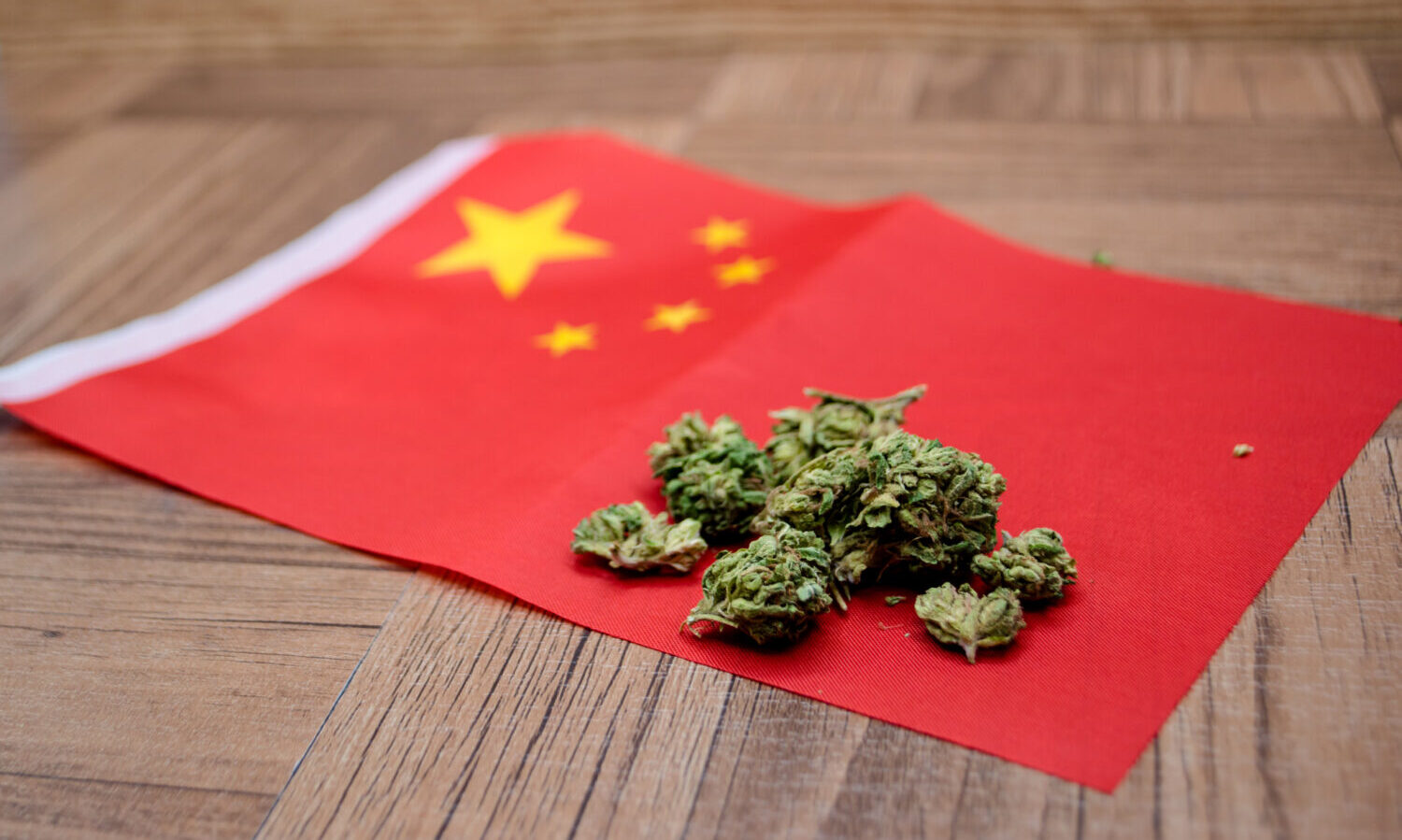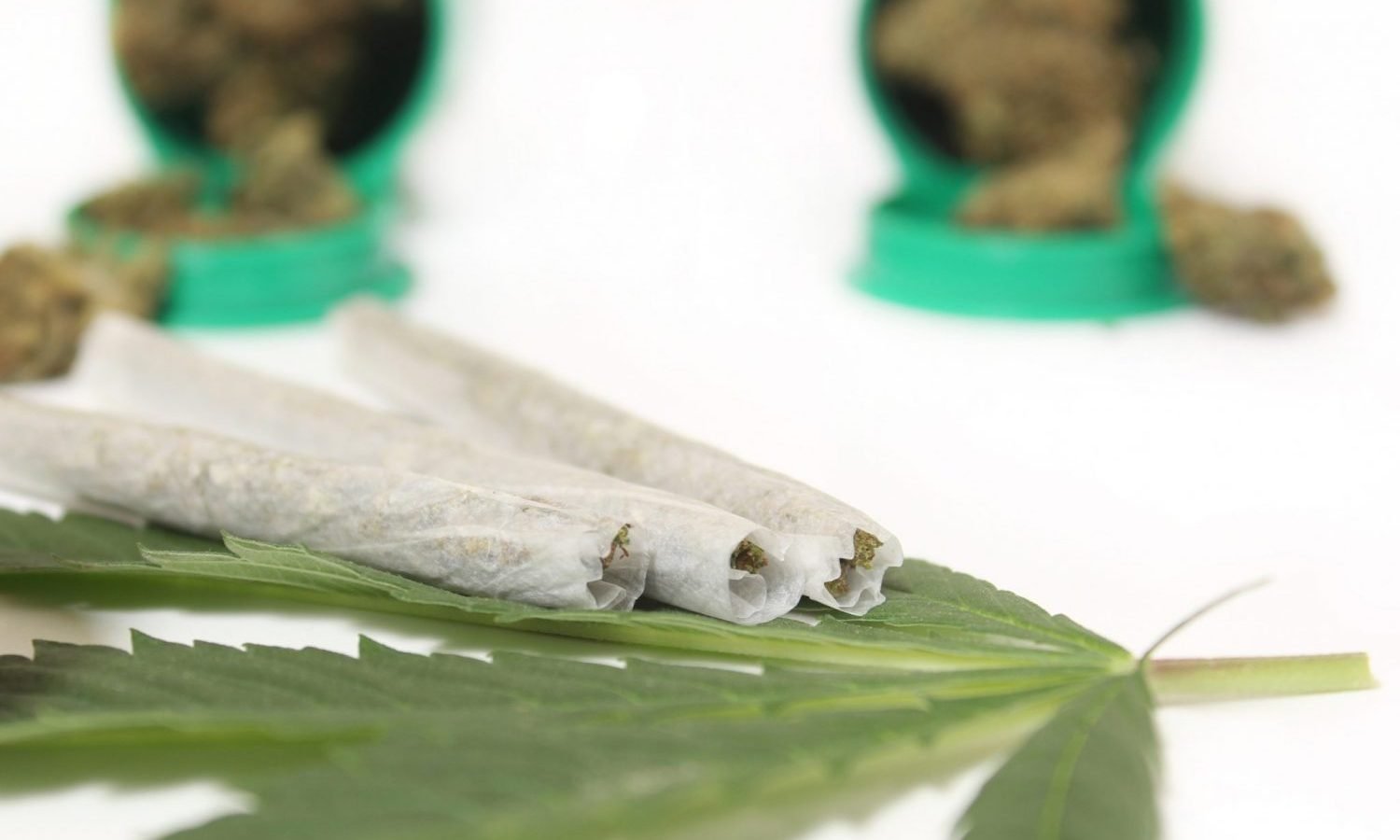
China, a global superpower in the world, a country responsible for numerous inventions that have helped save humankind, is now living in a dystopian nightmare that has eerily too many similarities with George Orwell’s famous book, 1984.
RELATED: As China’s Hemp Industry Suffers, US Hemp Growers Prepare To Pounce
In fact, internet users in China aren’t even allowed to type “1984” in social media, and copies of Orwell’s dystopian novels are banned. The novel is set under a fictional regime of constant state surveillance and censorship. The citizens in the book are carefully monitored by “Big Brother” and are made to practice “double think” and only talk in a state-controlled language known as “newspeak.” Talk about double standards.
An article by Brookings discusses how visualization and police informatization is driving Chinese surveillance systems. The communist government has numerous methods of collating massive volumes of data on its over 1.4 billion citizens: from surveillance cameras in the streets to medical history, e-commerce, travel, WeChat, and more, the repressive nature of its surveillance tactics feel like a huge step backward.
On top of that, they place a strict focus on “focus personnel”, who are citizens that are deemed by the government to undermine social stability, or people petitioning the government.
Naturally, the communists have a strict stance against drugs – and all kinds of it. According to the Chinese government, all kinds of drugs pose a serious hazard which is why they take drug control seriously. While Chinese society has, just like many other countries, also suffered from the ills caused by deadly street drugs such as methamphetamine – as well as heroin and fentanyl.
But will the world’s global superpower ever legalize marijuana? It seems unlikely not, even though it’s extremely ironic that some of the oldest evidence of marijuana consumption has been found in China. Researchers discovered that marijuana was burned for its intoxicating plumes around 2,500 years ago, in a plateau in Central Asia. They also found more evidence of Sogdian culture, an ancient people from western China as well as Tajikistan who followed Zoroastrianism, a religion that appreciated the benefits of cannabis according to their sacred texts.
In addition, both cannabis and hemp were used in China’s early history, part of making traditional Chinese medicine, fibers, textile, and more.
No matter which way you put it, marijuana is an entheogen, plant-based chemicals that induce an unusual state of consciousness. These types of plants have been used since ancient times for spiritual and religious purposes, as many cultures believed that these hallucinations and experiences allowed them to dialogue with the gods among others.
For example, peyote was consumed in Mesoamerica for some 2,000 years is still widely used by the Huichol tribes of Mexico. “For the Huichol, peyote serves as the central sacrament of their rituals,” explains anthropologist Paul Liffman, who has been studying the tribe for many years. “It is taken to illuminate the user, to lighten them from inside,” he adds.
Meanwhile, magic mushrooms and ayahuasca have long been considered “plant teachers” in Latin American nations. Indigenous tribes especially those that reside in the Upper Amazon have had a long history of using ayahuasca which they consider a sacred brew, used for rituals (known as Shipibo) and healing purposes.
Today, cannabis is the most widely accessible and popularly used entheogen. While it was also used for spiritual and religious reasons in the past, people still do so in current times. In a study published in the Journal of Cannabis Research, a survey was sent out online through private messaging and asked 319 participants from various online communities about their experiences with psychedelics and cannabis as well as association to religious traditions, spiritual practices, and motivations for cannabis and psychedelic use.
The results found that 69% of participants used psychedelics and cannabis for spiritual purposes, and 25% of them had a spiritual motivation for using the drug.

Marijuana Will Cause Chinese People To “Wake Up” – And That’s Why It Will Never Be Legalized
Given the effectiveness of entheogenic drugs to ‘wake up’ one’s mind, start discussions about one’s freedom and true feelings, get in touch with your ego, roots for mental health problems and the like, it isn’t surprising why the Chinese communist government will never allow its citizens to consume it legally.
Human rights is a dire problem in China: people simply do not have the freedom of expression, or access to other basic human rights. They are harassed and tortured by the government if they even speak up. Whereas in North America, lobbies for legalizing marijuana on the street are normal, parents speak up if they can’t get access this life-saving medicine for their sick children, and we talk about how marijuana makes us feel – on the internet, all the time. The fact that we can even write and publish these articles – it would be a far cry for it to happen in China, ever.
The citizens are badly in need of psychiatric and psychological help after having to be under all that mental and physical repression in their own home. The government even goes as far as using mental illness to discredit any dissidents, and in some cases will force their own people to be confined at psychiatric hospitals if they speak badly about the regime.
For as long as people don’t have freedom of speech and expression in China, they will never be able to experience the therapeutic benefits of marijuana, which is extremely disheartening. China will constantly be in the shadows unless a progressive government takes over.
This article originally appeared on Cannabis.net and has been reposted with permission.





